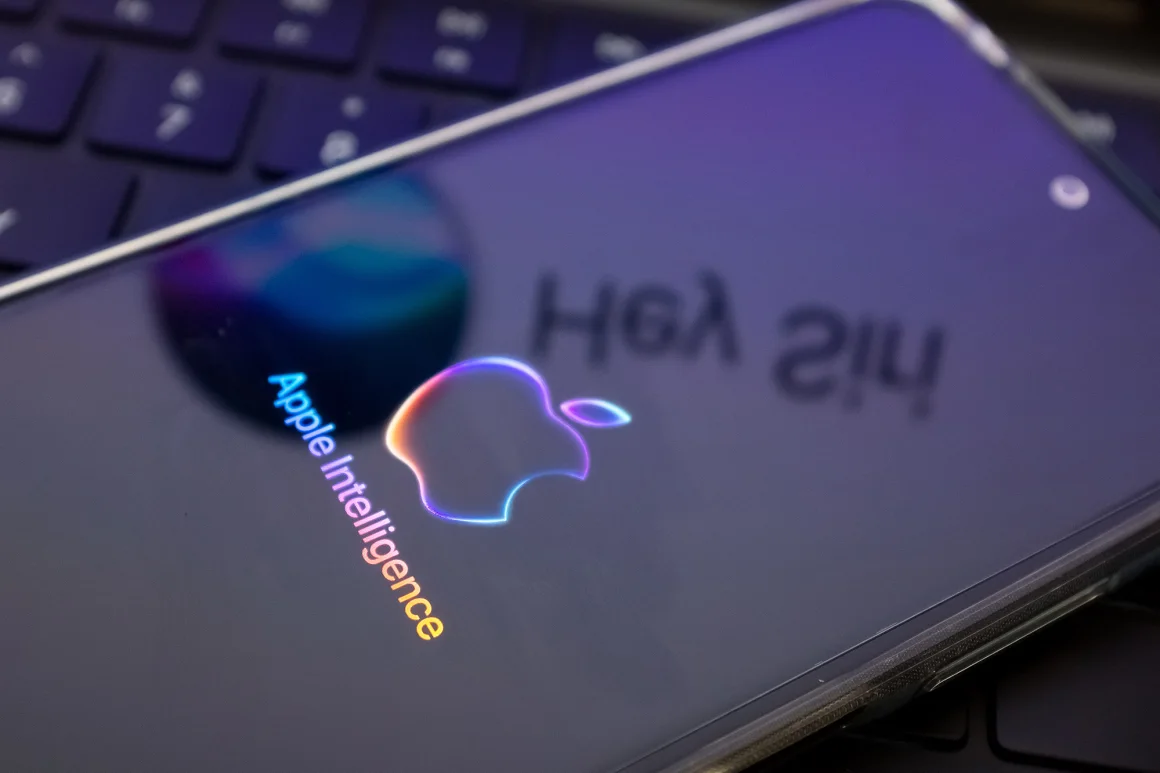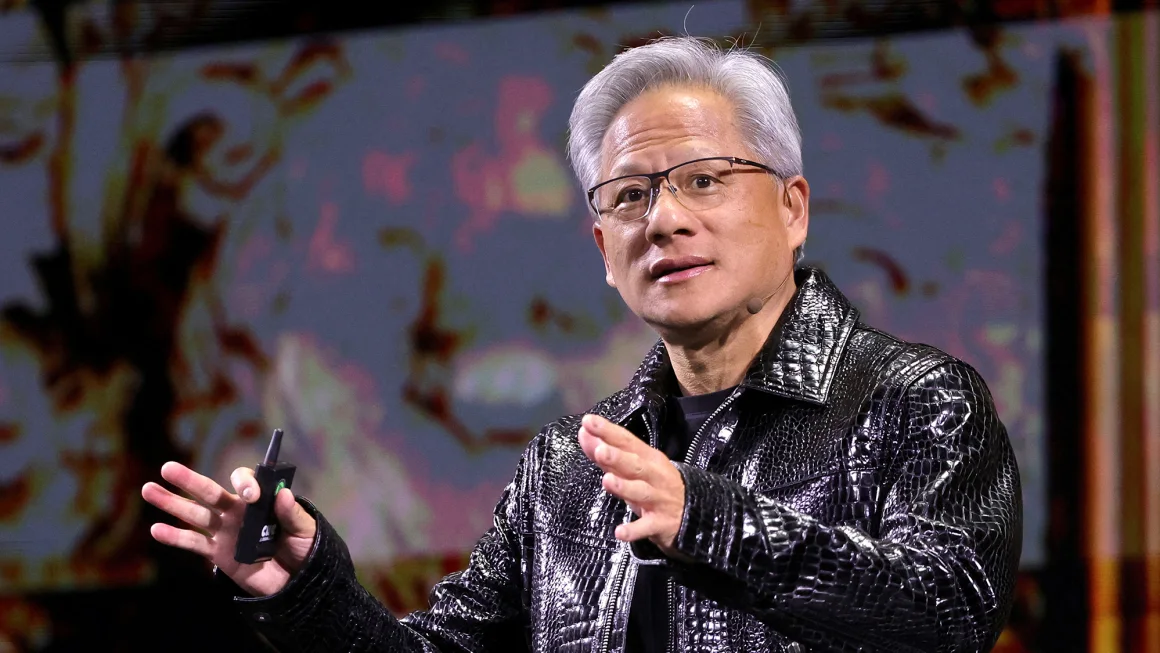Apple's Siri Upgrade Delay Raises Alarm Amidst Competitive AI Landscape
- by Chris White
- about 7 months ago
- 128 views

Apple Inc., the world's most valuable tech company, faces a significant challenge in its quest to enhance one of its flagship products, Siri. At last June's annual conference, Apple heralded its revamped virtual assistant as “the start of a new era,” showcasing how Siri would integrate user data—emails, texts, and flight information—to deliver complex answers and streamline tasks. However, that ambitious vision now seems further out of reach than anticipated.
On March 7, Apple announced it would postpone the rollout of a major Siri upgrade, which was designed to allow for more personalized responses and enhanced functionality within various applications. This delay has ignited concerns that Apple could be lagging in the rapidly evolving AI race, causing internal unrest. According to a report by Bloomberg, the executive leading Siri remarked that the situation was “ugly” and “embarrassing,” highlighting the pressure within the division.
As AI emerges as the next frontier of technological evolution, the stakes have never been higher for Apple. The company that revolutionized mobile computing with the iPhone in 2007 now finds itself at a crossroads, overshadowed by competitors speeding ahead with more advanced AI features and capabilities.
Apple's woes extend beyond AI. The tech giant is also facing the dual challenge of declining sales in China, down 11% year-over-year, and the looming threat of tariffs impacting its supply chain. While Apple's overall revenue still grew by 4% year-over-year, its global iPhone revenue fell short of Wall Street expectations, and the company's stock is down approximately 12% year to date.
Experts argue, however, that Apple’s widespread user base and the iPhone's significance as a consumer staple offer the company some resilience. Barton Crockett, managing director and senior research analyst at Rosenblatt Securities, remarked, "If times are tough, Apple is pretty well-positioned because their main business is a smartphone.”
Nonetheless, concerns about Apple's artificial intelligence capabilities have been mounting. The launch of Apple Intelligence features occurred months after rival companies like Google and Samsung began integrating similar tools. Apple’s initial rollout of advanced Siri features was expected to coincide with the iPhone 16 last September, but delays mean they have yet to materialize. Company spokesperson Jacqueline Roy acknowledged that the development timeline had shifted, anticipating a rollout “in the coming year.”
In the meantime, competitors are stepping up their game. Google has recently enhanced its AI capabilities to provide responses more tailored to users’ search histories, while Amazon launched Alexa+, a version of its assistant capable of recalling individual user preferences when generating responses.
Analysts stress that Apple's relevance in the AI space is at stake. Ben Bajarin, CEO and principal analyst at Creative Strategies, stated, “Apple needs to be relevant here. The fact that they don’t have much to show for their efforts is concerning.”
Such setbacks are rare for a company known for its innovation and closely held brand. Gene Munster, managing partner at Deepwater Asset Management and a long-time Apple analyst, observed, “I can’t remember Apple doing anything like that in the past,” indicating that this delay may signal a more significant struggle to maintain its leading position in the tech sector.
While the iPhone remains a pillar of Apple's business, experts warn that merely sustaining its smartphone sales may not suffice. As consumer interest in smartphones wanes, Apple must prove its capability to lead the next technological shift, likely grounded in AI. The uncertainty surrounding Siri's future further complicates this mission, with potential delays potentially jeopardizing Apple's ability to assert itself in the AI domain.
Despite these challenges, some analysts maintain an optimistic outlook for Apple. Wedbush Securities’ Dan Ives expressed confidence that “Apple will make new highs in 2025,” and CEO Tim Cook noted that iPhone sales have experienced growth in regions where Apple Intelligence features are available.
There may be justified reasons behind delaying Siri’s upgrade. A careful approach could prevent the pitfalls seen with other tech companies, such as Google's controversial AI-generated content. Apple is also reportedly working on a new, slimmer iPhone to rekindle consumer interest amidst an evolving market landscape dominated by innovative designs from competitors like Huawei.
Ultimately, while the postponement of the Siri update is a setback, analysts believe it does not overshadow Apple's broader vision. Crockett emphasized, “The road that they’re going down is clear…the future functionality of the iPhone will be better than the past.” As Apple navigates these turbulent waters, the focus on innovation and adapting to market dynamics remains critical for its long-term success.






0 Comment(s)